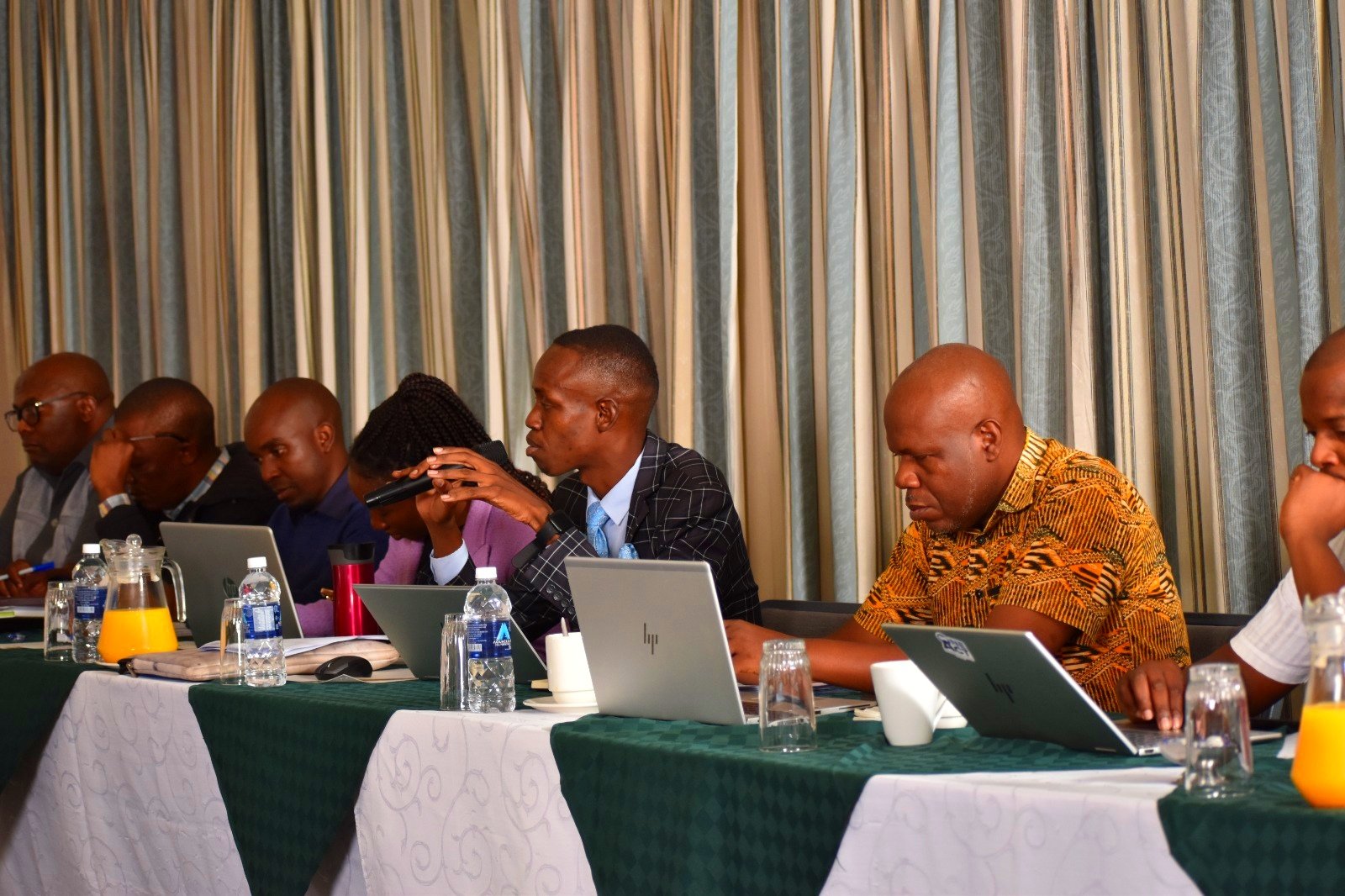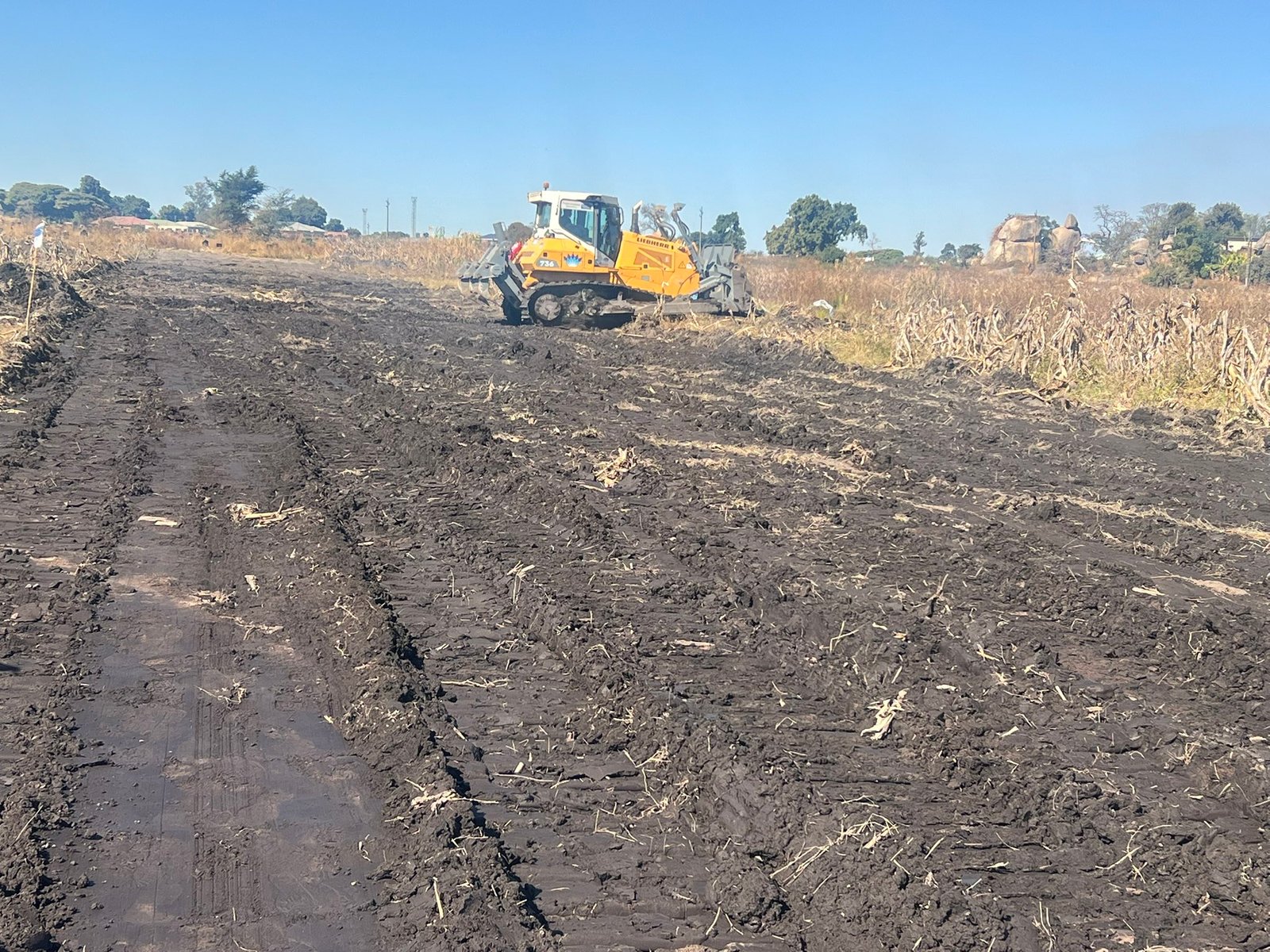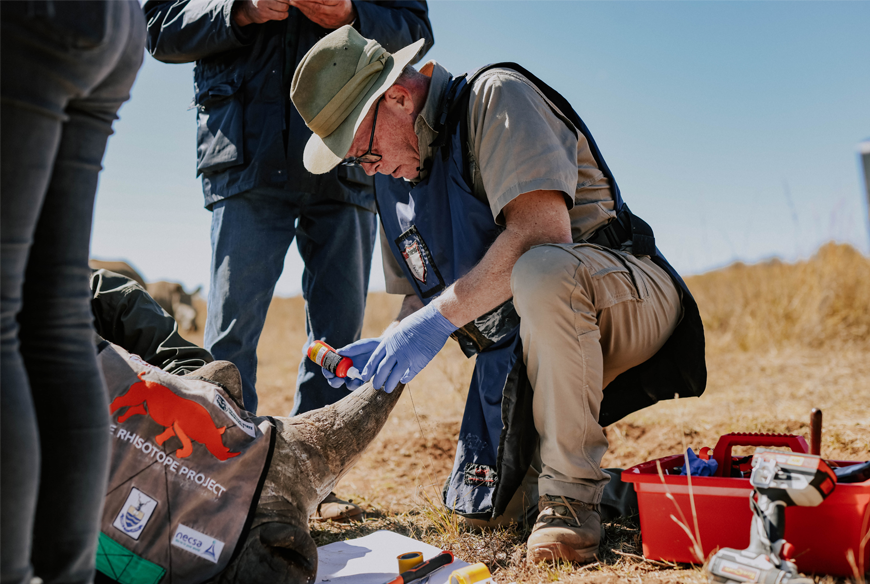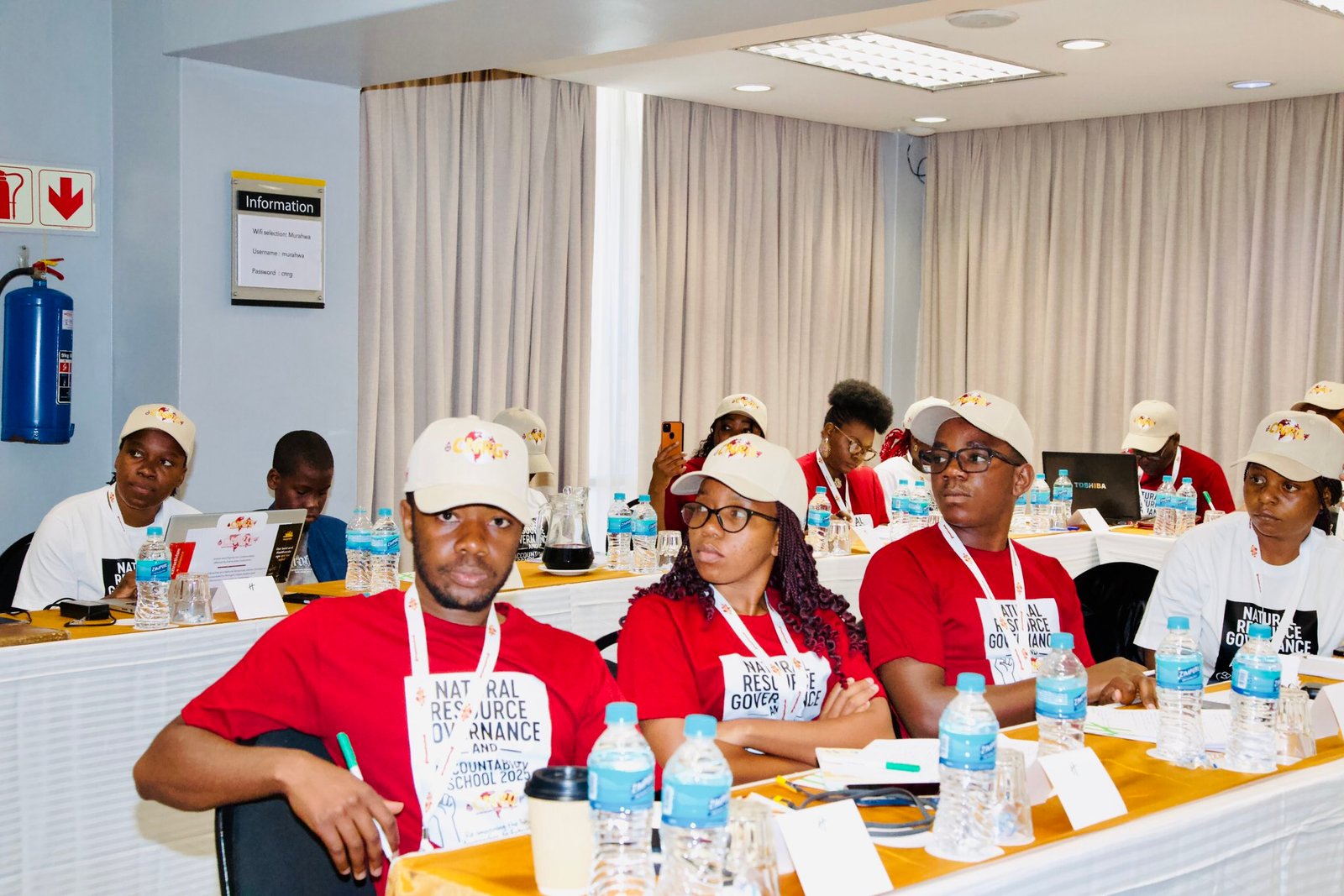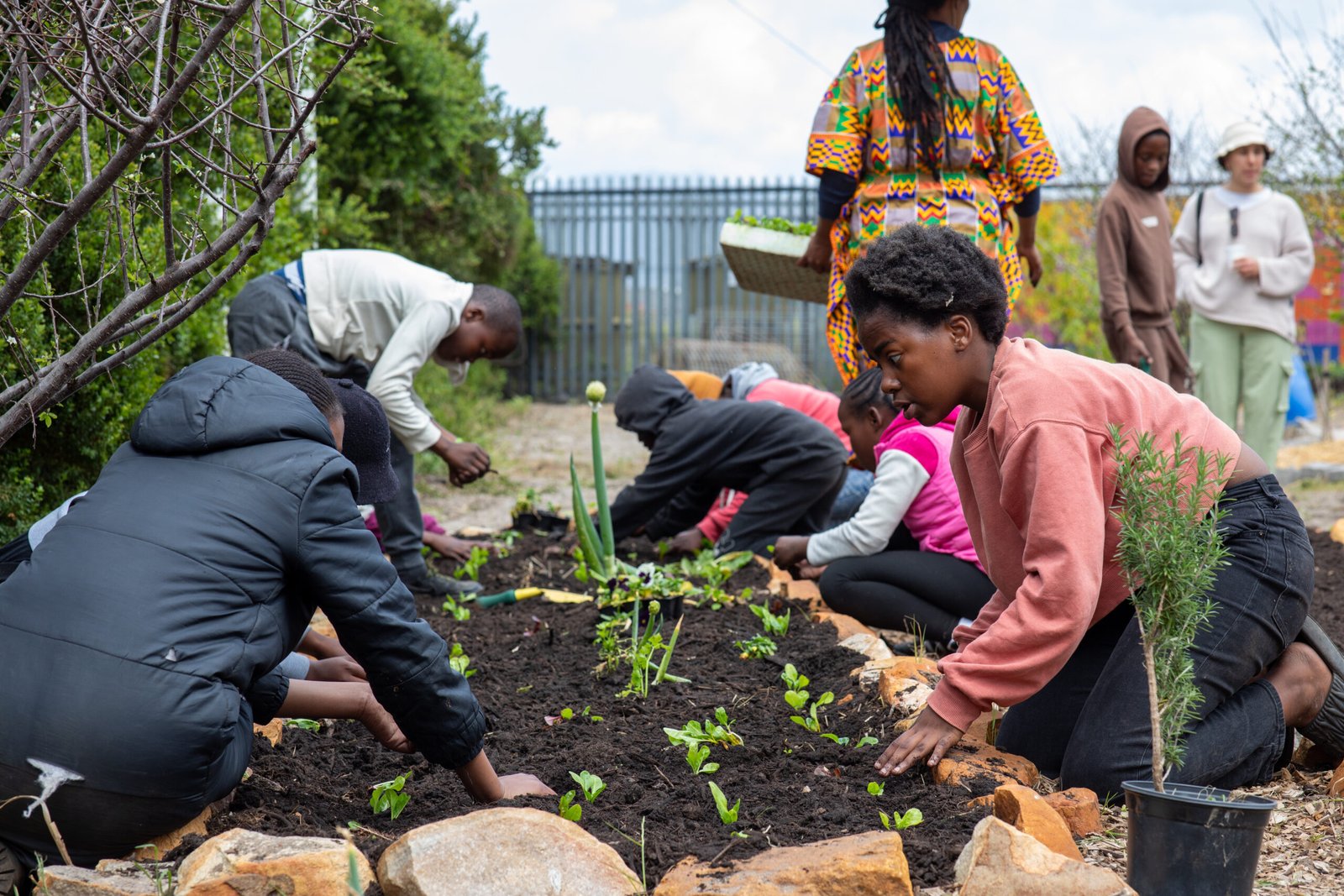With global demand for lithium, cobalt, and rare earths skyrocketing, driven by the urgent transition to renewable energy and advanced technologies, the communities that produce these critical minerals remain largely excluded from the wealth they help generate.
Despite living in regions rich in resources, these communities often face systemic barriers that prevent them from reaping the benefits of their own natural wealth. The profits from mining operations frequently flow to multinational corporations and foreign investors, leaving local populations to grapple with environmental degradation, inadequate infrastructure, and limited access to essential services, and the question remain, why Africa’s valuable resources continue to generate immense wealth, yet local communities remain unjustly sidelined, failing to benefit from the riches extracted from their own lands.
In this context, the Pamoja Critical Minerals Alliance (PCMA) recently held a workshop hosted by the Southern Africa Resource Watch (SARW), aimed at addressing the deep-rooted unfairness surrounding Africa’s critical minerals. This initiative seeks to confront the systemic injustices faced by mining communities, indigenous populations, workers, and other vulnerable groups impacted by the relentless rush for these valuable resources.
“This movement is not just about minerals; it’s about empowering people and ensuring that Africa’s rich resources contribute to the prosperity of its own citizens. The fight for equity in resource management is on,” said Edward Lange, Senior Program Officer for SARW responsible for Pamoja.
“What we are doing now is to get the church, labour movement, students, CSOs, and actual affected communities that are hosting mining activities to come together and solidify this voice and create a movement where they are moving in the same step towards finding lasting solutions to the injustices that are occurring as a result of mineral endowment on the continent,” he added.
Edward Lange calls for cross-border solidarity and collective action to address shared grievances faced by communities in regions like Zimbabwe, Zambia, and the DRC. The goal is to engage with governments, continental and global bodies, and corporations through organized platforms, ensuring that when one community is affected, others can stand in solidarity, creating a unified front for accountability and justice.
“We are reaching a point where we are getting closer to resolving the many complaints that people have, and we have realized that this can only be done through cross-border linkages in terms of growing the voice, including neighboring countries and also the continent. These voices from Bikita, Mutoko, and Mutare, put together, get solidarity support from communities in Kangoyo in Zambia and Tenke Fungurume in the DRC. How do we then speak with one voice? If there is an issue in Mutoko, for example, communities from these other countries should be able to stand on the side of these other communities that have been impacted negatively. Ultimately, you get to an understanding of engagement with the government, continental bodies, global bodies, and corporations through their structured membership,” he said.
The workshop brought together stakeholders advocating for justice in Africa’s mining sector, focusing on the rights of mining communities, indigenous people, and workers affected by the critical minerals boom.
“We are mobilizing critical voices around participation and interest in the critical minerals value chain in Africa. We are in Zimbabwe trying to engage critical key stakeholders that are involved both in the technical production of critical minerals and the social aspect of critical minerals to see how we build a campaign for Pamoja,” Edward Lange added.
Representing the youth, Lernmore Munhangu from Youth Decide Zimbabwe (YDZ) pressed for equitable and inclusive approaches to mining to ensure that communities bearing the environmental and social costs of mineral extraction, like Mberengwa, directly benefit from the resources extracted from their land.
“Communities like Mberengwa bear the brunt of mining’s environmental and social impacts, yet reap none of its rewards. Minerals that should translate into tangible development. Hospitals, schools, safe roads, and sustainable jobs, seem to vanish along with the trucks transporting them. Instead, poverty deepens, healthcare remains a luxury, and education an unattainable dream for many. It’s time we demanded more. Minerals extracted from our communities must first benefit the very people who live there. These are not just resources to be exported, they are opportunities to build a better future for all Zimbabweans,” he said.
Goromonzi District member Marry Nyadome emphasized the urgent need for accountability, sustainability, and community empowerment in mining activities, particularly in Goromonzi District, where lithium mining is causing significant environmental and social challenges. She believed that the meeting was a critical step toward fostering solidarity among SADC member countries to stand up and hold mining companies accountable and ensure that host communities benefit from their natural resources.
“As a community member in Goromonzi District, the meeting convened by Pamoja was important for communities affected by mining to stand up for their rights and to speak with one voice and to hold mining companies accountable,” she said.
Advocacy in Action Team Leader Simbarashe Hunzvi highlighted the critical issue of limited access to mining contracts, describing it as a significant barrier to accountability and fairness. Hunzvi stressed the urgent need for greater awareness and transparency to ensure that communities are fully informed about the nature of these contracts and the decisions being made. He argued that grassroots knowledge dissemination is essential to empower communities to actively participate in decisions affecting their land and resources, rather than being excluded by pre-existing agreements made without their input.
“One of the key things that is lacking is access to the kinds of contracts that these companies are having. Terra World Pvt Ltd, which is extracting resources close to Waddilove Farm, entered that contract saying they were going to give money to the private owner of the land, but they didn’t. Then, for a year, they said they didn’t get any profits. One year later, they are saying they want to buy the mining claim. And I think what is essential for the campaign is how knowledge can be disseminated to the grassroots about the nature of these contracts and what kind of decisions are being made. Because sometimes we do these campaigns, but someone has already made an agreement with certain companies,” he said.
In November 2023, 36 representatives from DRC and Zambian civil society, trade unions and academia met and deliberated on the increased mining activities in their localities. The groups lamented the lack of benefit from these mining activities, citing environmental damage, few job opportunities, and marginalisation in the DRC-Zambia intention to create special economic zones to manufacture batteries for electric vehicles.
The list of grievances was long. A coordinated response was therefore required, and hence the formation of a campaign platform called Pamoja Green Minerals Alliance (PGMA) to coordinate engagement with mining companies, governments, and other stakeholders. Pamoja, a Swahili word meaning “together as one”, inspired the birth of a movement that will light the flame of unity among wide range of groups led by mining communities, indigenous people’s movements, students, workers, faith communities and women’s groups to demand justice for the people and for the planet.

